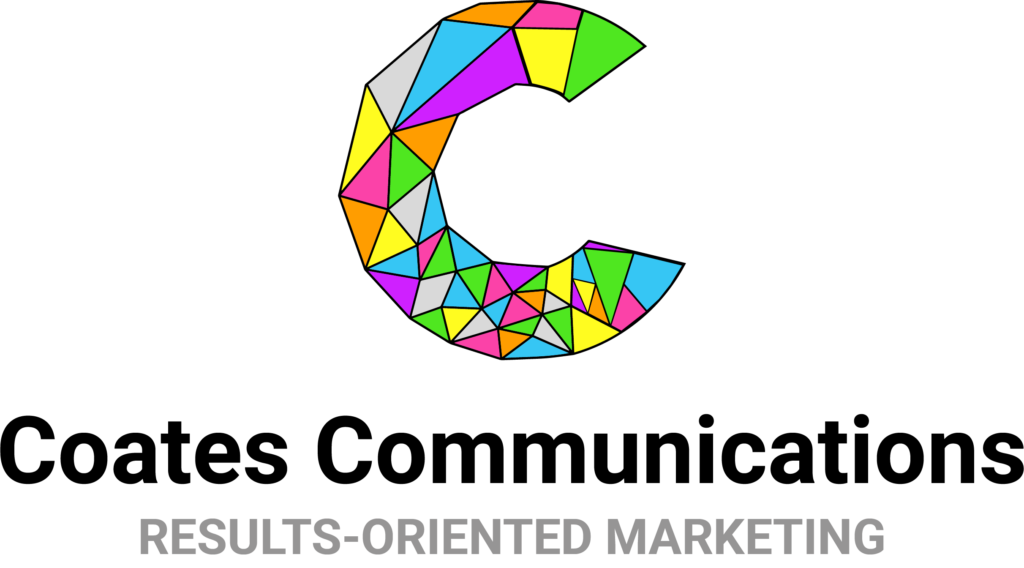A thorough analysis of your blog or website can help you find issues and problems to eliminate and fix. While there are a lot of website analytic tools out there, only a few provide accurate reports and data. That’s why we collected our top 5 tools and included pros and cons to assist you in deciding which one to utilize.
Your website has a deep well of information you must mine in order to understand your customer and audience behavior, traffic sources, and more. To analyze and gather this data, you need special tools, and that’s where website analytics come into play.
Web analytics are special tools designed to measure, track, and report on your blog or website. They make use of powerful automation technology such as predictive algorithms, machine learning, etc. In this article, we’ll discuss the best website analytics tools for small, medium, and large-scale businesses.
5. Kissmetrics
Kissmetrics is one of the best customer engagement automation platforms that provide detailed behavioral analytics of your website. Its features include real-time analytics, data visualization, conversion tracking, customer journey analysis, segmentation, and more.
Kissmetrics is particularly well-suited for e-commerce websites and blogs. So, if you are an online store owner you can utilize Kissmetrics analytic tool to optimize your sales funnel, and convert visitors into loyal customers.
Pros
- Kissmetrics provides deep data tracking functionality which is capable of providing users with deep insights into their customers and audience.
- It provides Return on Investment (ROI) analysis. Unlike other analytics platform, Kissmetrics make you understand your budget and campaign – in terms of conversion and sales.
- With Kissmetrics you can easily integrate it with your Shopify store to get a seamless analysis of your store daily.
Cons
- For starters, it might be a bit complex to understand your way around the dashboard or if you’re a newbie to the world of analytics.
- The pricing plans can be quite expensive if you’re a small business owner. So you should opt-in for lesser ones that won’t consume your budget. Plans range from $299 – $499 per month. It also has plans for Software as a service (Saas) and E-commerce business.
- Integration with other tools can be quite problematic if you are a newbie to the platform. For instance, while they provide Salesforce integration it’s often not quite simple or smooth; most especially if you are operating a complex website.
4. SEMrush
SEMrush is one of the tools we use personally to analyze our website and content. It places emphasis more on SEO, keyword, and domain research. It has quite a lot of tools that you can use to improve your website both on-page and off-page.
SEMrush includes everything you need to identify high-ranking keywords and spy on your competitors. It enables you to research the keywords that your competitors are using to outrank others in their paid and organic searches, advertisements, and linking strategies.
SEMrush has plans ranging from $119 – $499 per month. They also have an option for a free trial, which lasts only seven days.
Pros
- It has a user-friendly, customizable dashboard that you can operate easily on your own without external assistance.
- It is a hard-nut job to carry out broken link building on SEMrush compared to its alternative competitor Ahref.
- It provides tools to carry out SEO marketing including keyword research, linking building, and domain evaluation.
Cons
- SEMrush provides data for only one search engine, Google. You won’t be able to analyze for Bing, Yahoo, and other search engines.
- The free trial provided by SEMrush though quite helpful, require you to enter your card details before you can access the dashboard.
- Some competitive analyses require you to spend an additional $200 per month before you can have access to them.
3. Ahrefs
Ahrefs is another preferable analytics tool that is used for competitor analysis, keyword research, link building, rank tracking, and site audits. The tools provided by Ahrefs are designed for marketing professionals. In short, it’s an SEO tool for ranking websites or blogs on Google.
Today, Ahrefs are mostly used by small business owners, SEO agencies, Affiliate marketers, and SEO consultants. Their pricing plan ranges from $82 to $999/month depending on the plan you want. They also have a seven-day free trial for $7. So, if you want a taste of the water before diving in completely, then the free plan is the best.
Pros
- Parent topic allows you to conduct topic research in addition to single keyword research.
- There is a complete SERP analysis including SERP features to understand what your audience is searching for.
- There is an advanced filtering option to analyze your campaign data and customer behavior.
Cons
- There is no integration with Google Analytics or Search console which makes it hard to get data from them in one place.
- The keyword suggestions do not have a relevant score to enable you to understand how relevant it’s to your chosen keyword. Instead, you have to sort through the volume which surfaces many irrelevant results.
- There is a hugely steep learning curve which makes it quite difficult to understand at first. So you need to dedicate a few days to understanding how the platform works.
2. Matomo
More than 1.5 million websites make use of Matomo including NASA to get seamless analytics for its website. The paid web tracking tool was popularly known as Piwik, which delivers many website analytics solutions for both E-commerce and businesses.
Unlike other website analytics, we have discussed before now, you can incorporate any outstanding features into your Matomo workplace including visitor profiles, heatmaps, A/B testing, Tag manager, real-time search engine reporting, and many more. There is a 30-day free trial for you to test how the platform works before going premium.
Matomo cloud ranges from $0 (21-day trial) to over $15,000 according to TrustRadius.
Pros
- Matomo analytics allows you to integrate with ODOSCOPE, Data Virtuality, Sitejet, Sociuu, Stackhero, Syntasa, Contentserv, TYPO3, Unikname, upSWOT, VersaCommerce, VPiX 360, Caraste, Convert Experiences, Discourse, CodeTwo Email Signatures for Office 365, Magnolia, 21YunBox, etc.
- Matomo provides a mobile app for both Android and iOS to keep track of your daily, weekly, and monthly campaigns and analytics.
- Matomo is a self-hosted software that provides ease of installation and real-time web traffic data. You can easily install it without the help of a third party.
Cons
- Unlike the others, the Matomo interface is complex to understand if you are just entering the digital marketing field.
- It doesn’t have a smooth integration with Google Analytics, Google Ads, and other PPC platforms.
- The pricing plans are also quite expensive for low-budget digital marketers who want seamless analytics and traffic to their website.
1. Google Analytics
Google Analytics is a must-mention platform; if our list is to be trusted and completed. It’s a go-to platform for many digital marketers out there, chock-full of features, and because a large part of it is free for users. Google Analytics is topping our list because it’s the best web analytics you’ll ever find out there.
The platform allows you to measure your advertising ROI, as well as track your video and social networking sites and applications in a single place. It also helps users identify patterns and trends in how visitors engage with their websites. Other features include monitoring, visualization, data collection, analysis, and integration with other applications.
Pros
- Google Analytics is an excellent free tool with the freemium version known as Universal Analytics which provides seamless reporting and visualization of data.
- Connecting Google Analytics to your E-commerce blog or website is a very simple walk in the park for both beginners and experts.
- Google Analytics provides out-of-the-box reports and analytics. The four main reports are Audie犀利士 nce, Acquisition, Behavior, and Conversion. All there can be found on the left of the dashboard.
- It regularly updates with new features. A prime example is that from July 1st, 2023 Google Analytics 4 (GA4) will replace Universal Analytics.
Cons
- Google Analytics provides a lot of information which can be overwhelming for new users; as not many of us can spend hours trying to decipher Website Analytics.
- Customer support is only available for the paid version which is Google Analytics 360. Users often need to rely on support websites, forums, YouTube videos, and more. This can be frustrating at times when you can’t find the information you need.
- Google Analytics provides little organic keyword data which is often not enough to understand the keyword or phrase that brought a visitor to your website. So it’s much be壯陽藥 tter to find an alternative in addition to Google Analytics.
- The free version of Google Analytics suits almost everyone, but if your website traffic is huge then you need to upgrade to a premium version which costs a hefty sum of $12,500 per month.
How to choose the right website analytics software
While there are so many web analytics software solutions out there, it’s undeniably problematic to choose which one is best for your business. It can be frustrating to go through the process of implementing a software tool, only to discover it’s not good enough and doesn’t satisfy the needs of your business.
To solve this issue, you need to know your preferences and requirements, consider the number of features, mind the price tag, and its UI scalability. These are just a few of the many qualities and features that need to be considered for your website analytics. Make sure you do your research before dipping your hands into your purse to pay for any web analytics software.

